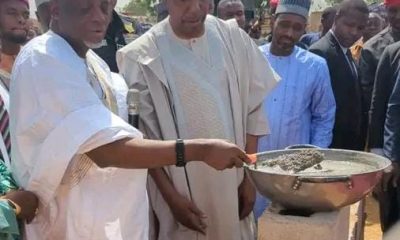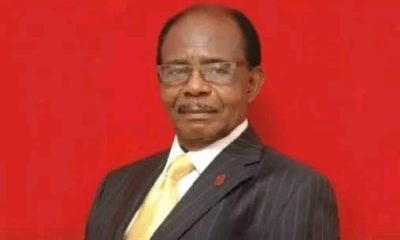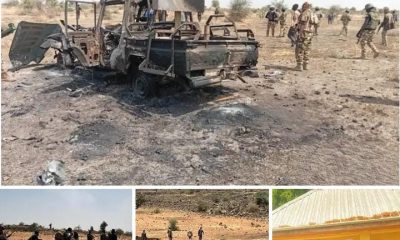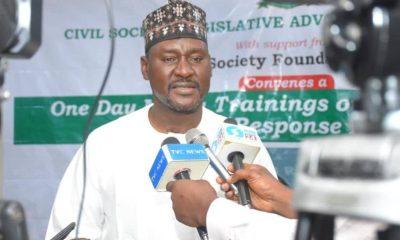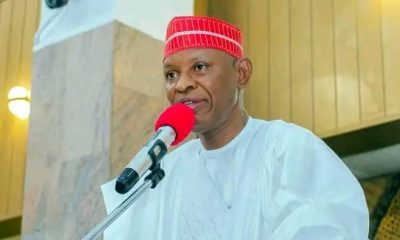National
Meet Major General Waidi Shaibu, Nigeria’s New Chief Of Army Staff
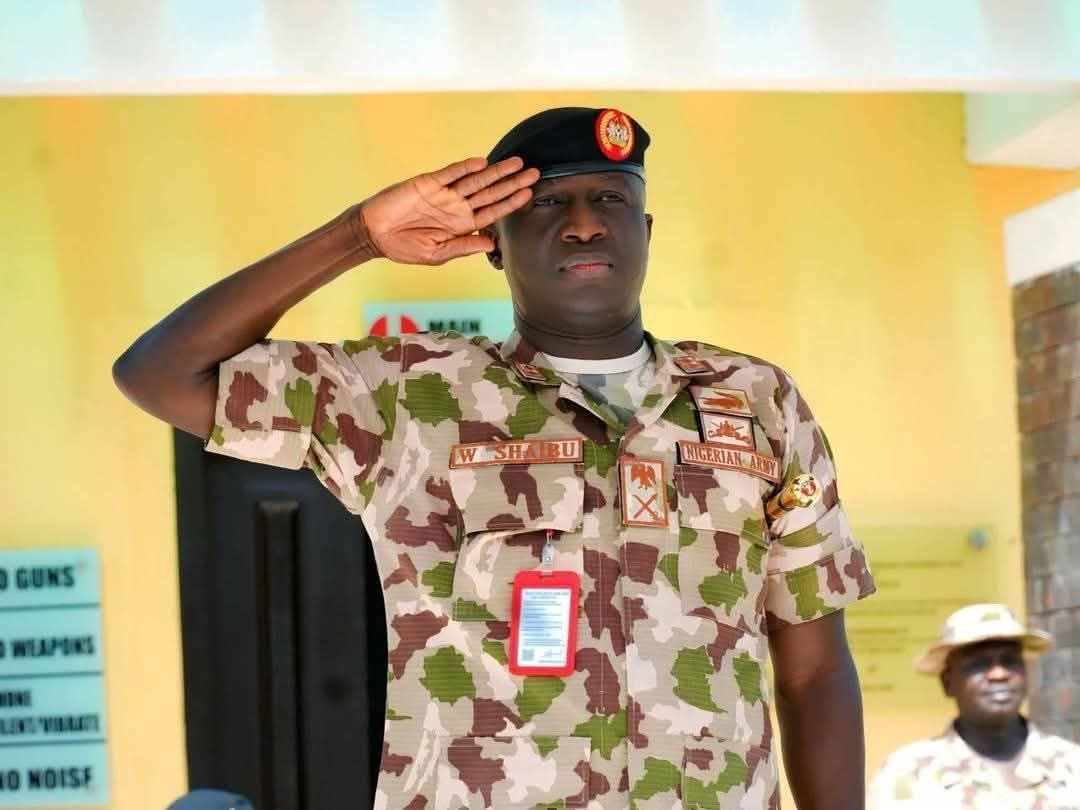
By Micheal Chukwuebuka
President Tinubu’s appointment of Major General Waidi Shaibu as Chief of Army Staff heralds a new phase in Nigeria’s security architecture.
Known for his operational precision, community-focused leadership, and results-oriented command style, Shaibu represents a generation of military leaders who blend battlefield experience with socio-strategic intelligence to secure national stability.
Major General Shaibu’s tenure as Theatre Commander of Operation Hadin Kai (Feb 2024 – Apr 2025) demonstrated his mastery in asymmetric warfare. Under his command, the Nigerian Army neutralized over 567 terrorists, recovered substantial caches of arms, and oversaw the surrender of more than 121,000 insurgents and their families — an unprecedented milestone in Nigeria’s fight against insurgency.
His emphasis on tactical intelligence and joint-force coordination with the Air Force and UAV surveillance redefined Nigeria’s counter-terrorism doctrine. The conduct of over 9,800 patrols, 2,700 ambushes, and 990 clearance operations during his command reflects a robust operational tempo that restored relative calm to parts of the Northeast long plagued by insecurity.
Major General Shaibu’s leadership is distinguished not merely by battlefield victories but by his human-centred approach to command. His prioritisation of troop welfare, morale, and training earned him commendations within and outside the armed forces. His initiatives in infrastructural development within military formations and his efforts to strengthen civil-military relations have reshaped public perception of the Nigerian Army as a force for stability and national cohesion.
In 2024, his efforts earned him the Security Watch Award for the Most Outstanding Defence Command in Africa, a recognition that underscored both his strategic insight and his dedication to ethical military conduct.
Shaibu’s legacy as a peace advocate within the military domain is equally notable. By introducing community policing and peace enforcement programmes, he bridged the gap between local populations and the military. His strategies fostered collaboration with traditional leaders, civic groups, and humanitarian agencies — a model that proved instrumental in reintegrating ex-combatants and displaced persons into society.
This multidimensional approach to security management positions him not just as a soldier, but as a nation-builder — one who understands that sustainable peace is rooted in social trust and inclusive governance.
As Chief of Army Staff, Major General Waidi Shaibu’s agenda appears focused on consolidating counter-insurgency gains, modernising army infrastructure, and promoting professional excellence through continuous education and innovation. His forward-looking vision prioritises community engagement and intelligence-driven operations, recognising that modern warfare extends beyond conventional battles to include ideological and socio-economic dimensions.
If effectively implemented, his leadership could strengthen national security frameworks, foster unity across diverse regions, and reinforce Nigeria’s reputation as a stabilising force in West Africa.
Major General Waidi Shaibu’s career trajectory mirrors the evolution of Nigeria’s military from reactive counter-insurgency to proactive peacebuilding. His blend of tactical competence, human empathy, and strategic foresight signals a potential renaissance within the Nigerian Army.
Under his stewardship, the Army may well transition into a more professional, technologically adept, and people-centred institution — one capable of addressing both present and emerging security challenges in Nigeria and across the subregion.



